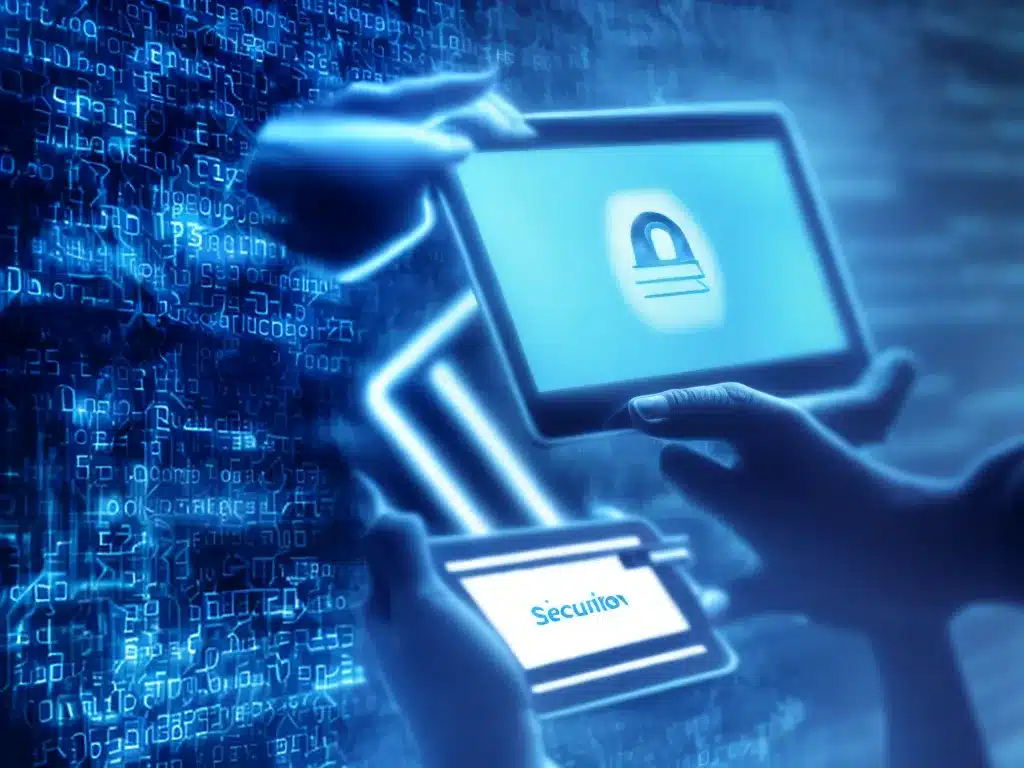
The Evolving Role of the CISO in Data Security
The role of the Chief Information Security Officer (CISO) has changed dramatically over the past decade. As data breaches and cyber attacks have become more sophisticated and frequent, CISOs have had to expand their responsibilities and skillsets. Here is an in-depth look at how the CISO role has evolved and what the future may hold.
From Technologist to Strategist
In the early 2000s, the CISO role tended to be very technical. CISOs were expected to focus on hands-on security tasks like managing firewalls, implementing intrusion detection systems, and keeping software patched and up-to-date.
Over time, it became clear that a purely technical approach was insufficient. CISOs needed to become more strategic, looking at security from a business perspective. Some of the key shifts that occurred include:
-
Moving from reactive to proactive security – CISOs now are expected to anticipate risks and prevent attacks before they occur. They can no longer wait for an incident to happen before taking action.
-
Managing risk, not just technology – Rather than focusing narrowly on tools and tactics, today’s CISOs have to evaluate security in terms of overall business risk. They quantify potential losses from cyber incidents and decide which risks are acceptable.
-
Aligning with business goals – CISOs now work closely with business leaders to ensure security strategy matches the company’s objectives. Security enables business success instead of creating a roadblock.
-
Communicating with the C-suite and board – Today’s CISOs have a “seat at the table” with other executives. They must be able to discuss security in business terms and influence organizational direction.
The CISO’s Expanding Scope
As security has become a strategic concern, the CISO’s responsibilities have expanded in many directions:
Data Privacy
- Protecting customer data and ensuring compliance with privacy regulations is now a top priority for CISOs. GDPR, CCPA and other laws have created a complex regulatory environment.
Third-Party Security
- CISOs increasingly need to evaluate and manage security risks introduced by vendors, partners, contractors and acquisitions. Supply chain attacks have made third-party security a key focus area.
Cloud Security
- As companies adopt cloud services like AWS, CISOs have to adapt their security programs for the cloud delivery model. Unique controls are needed to protect cloud-based data and assets.
Infrastructure and Operations
- While CISOs don’t manage infrastructure day-to-day, they now oversee critical programs like endpoint protection, patch management, and identity and access management.
Security Awareness
- CISOs play a leading role in strengthening human defenses through company-wide security education, awareness programs and phishing simulations.
Emerging Technology
- From AI to the Internet of Things, new technologies create new risks. CISOs have to stay on top of technology trends and understand their security implications.
Developing Critical Skills
To be successful in today’s environment, CISOs need a varied skillset:
-
Communication – Ability to communicate security priorities, risks and requirements to both technical and non-technical audiences.
-
Business acumen – A solid grasp of business objectives, financials and operations beyond just security.
-
Leadership – Strong executive presence and ability to drive major security initiatives across the organization.
-
Collaboration – Partnering effectively with IT, legal, HR and others to align security with other objectives.
-
Technical knowledge – While delegating specific tasks to security engineers, CISOs still need a deep understanding of relevant technologies.
Looking Ahead
The CISO role will likely continue to expand in scope and strategic importance. Here are two emerging areas that future CISOs may need to manage:
-
Security automation – AI and machine learning are enabling greater automation in security operations. CISOs will need to evaluate and implement new automation technologies.
-
Board education – As cybersecurity rises as a governance priority, CISOs may play a larger role in educating and advising the Board of Directors on security strategy and risk management.
The specific technical skills required by CISOs will change over time as technology evolves. But the ability to communicate, lead, think strategically and bridge the gap between security and business will only grow more essential. CISOs who master these skills will be well-positioned to guide their organizations through the security challenges ahead.












